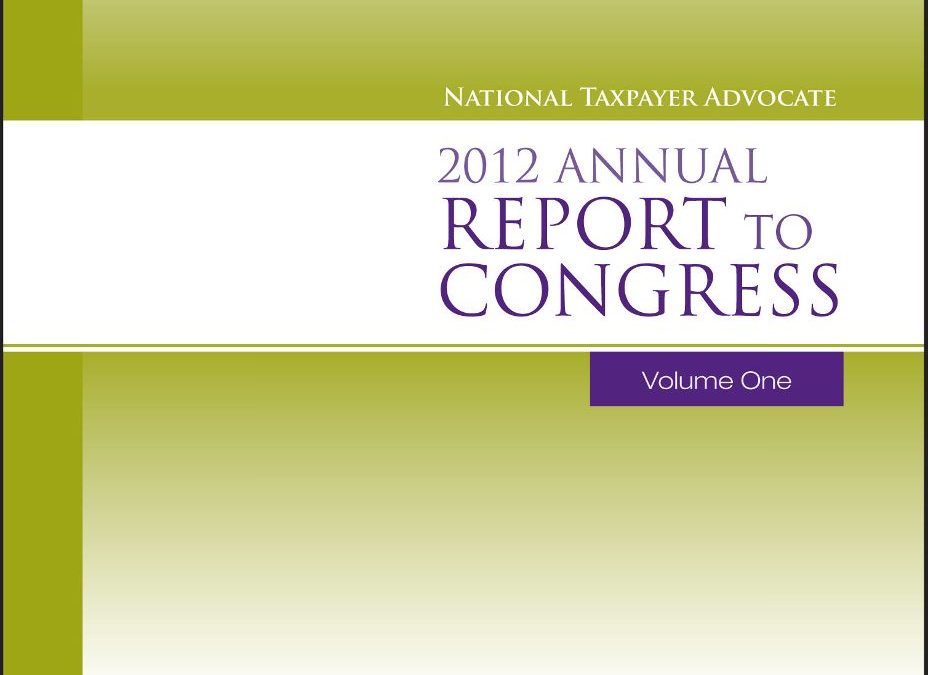The IRS appears to be more serious about pursuing and prosecuting companies that do not pay their e...
IRS Summons – Defending Against the Summons
The United States Supreme Court is considering an investor’s objection to summonses issued by the ...
I Owe the IRS Money – What Can I Do?
We often receive telephone calls and e-mails from individuals and businesses who have been contacted...
Calculating Excess Income – Dealing with Significant Changes in Income
A key factor for most taxpayers negotiating a payment plan or a compromise with either the Internal ...
Effective Tax Administration (ETA) Offer – An Underutilized Option.
In her annual Report to Congress, Nina Olson , the Taxpayer Advocate, pointed out that the IRS is un...
Frequently Asked Tax Questions in Family Law Cases – Allocating Joint Tax Obligations in a Divorce Decree
This is the third post in the Frequently Asked Tax Questions in Family Law Cases series. This series...
Can I challenge the Internal Revenue Service’s (IRS) decision to pursue me for unpaid taxes?
Yes. You have many options for challenging an IRS assessment. Two common procedures are the Collecti...
Can an In-Business Corporation Compromise its Employment Tax Obligations With The IRS?
Yes. An in-business corporation can compromise its outstanding employment tax obligations with the I...
IRS Audits: The Administrative Summons and Defending Against the Administrative Summons
One of the most critical issues a taxpayer can face during an IRS audit is deciding what information...
Innocent Spouse Relief- IRS Modifies Section 6015(f), Equitable Relief Rules
On January 5, 2012, in Notice 2012-8, the IRS significantly modified the rules for spouses seeking I...
The Taxpayer Advocate
This is the second post in the Collection Options series. This series is dedicated to presenting ind...
Preventing the Filing of a Notice of Federal Tax Lien
A Notice of Federal Tax Lien (NFTL) can cause irreversible harm to an individual or a business. The ...
Classifying Your Account as Currently Not Collectible (CNC)
Having an outstanding obligation with the Internal Revenue Service (IRS) and being unable to propose...











